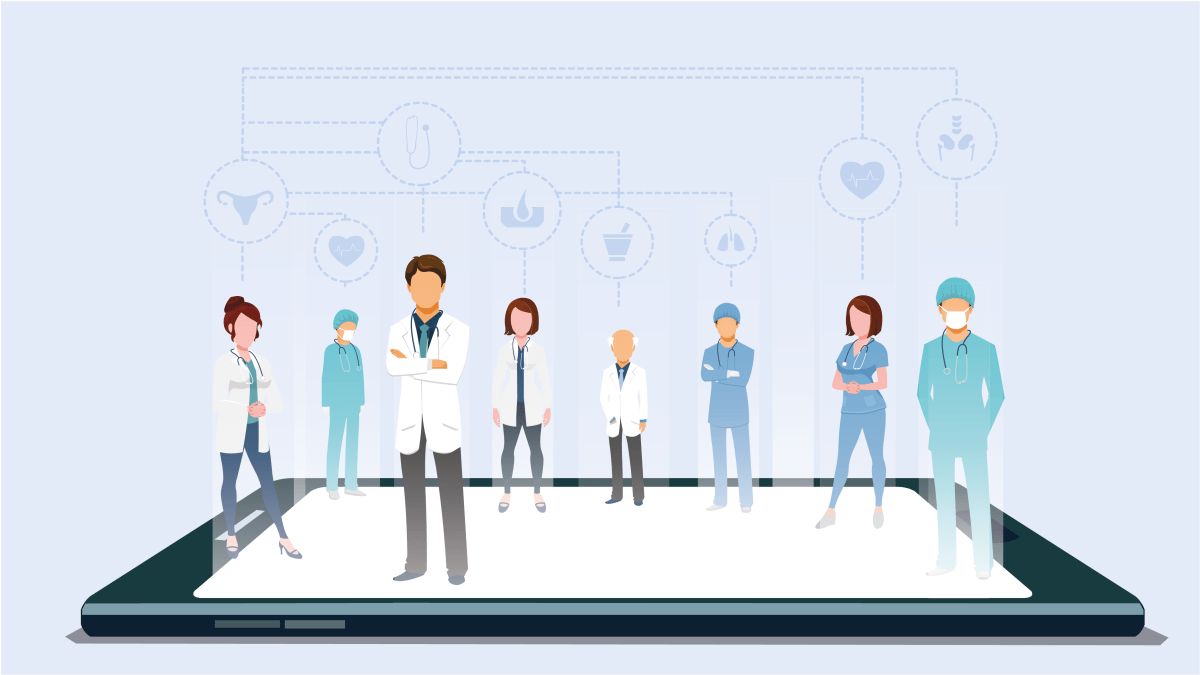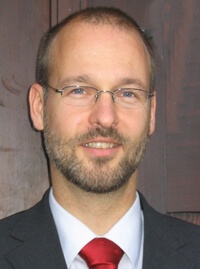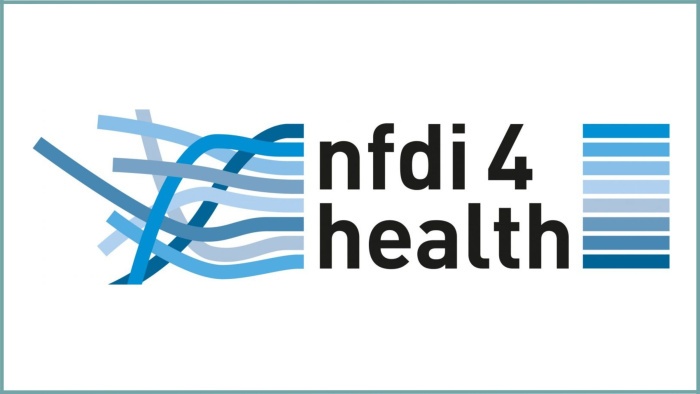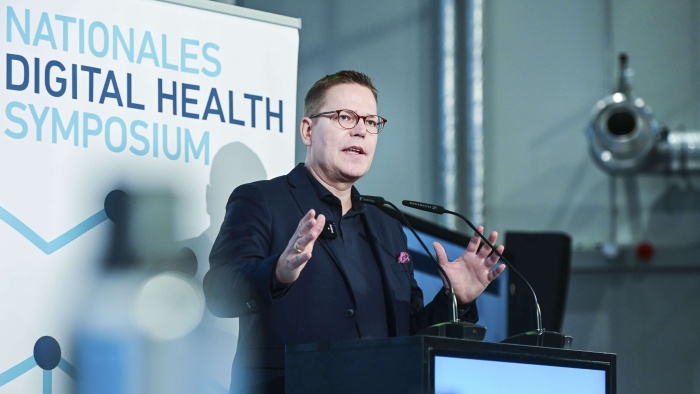"It is essential to build on existing experiences and solutions"

© AryanRaj - stock.adobe.com
"The initial investments in networking are very high: establishing a communication structure, cultural ability to communicate between different institutes and subject areas or between clinical practice and theory, is still very expensive. That is why it is essential to build on existing experiences and solutions. That is what TMF is there for."

Prof. Dr. Wolfgang Hoffmann
Prof. Dr. Wolfgang Hoffmann is head of the department of Healthcare Epidemiology and Community Health at the University of Greifswald, deputy chairman of DGEpi, and a member of the board of directors of TMF.
Professor Hoffmann, epidemiology is booming. In the major new health research projects population-related issues and epidemiological concepts play a key role. What does that mean for you and your specialist colleagues?
Everyone involved agrees that the healthcare system must be improved urgently so that it will be able to cope with future challenges. The evidence we require in order to organize this development efficiently can only be obtained with the analytical methods of population-related research – that is, with the resources available in epidemiology. As a result, the importance of epidemiology and healthcare research and the responsibility of researchers are increasing in these two subjects. It is now more important than ever for us to address unresolved issues without delay and deal with them systematically using valid methods that are scientifically well-established.
In this context there is a considerable need for research and development. Healthcare research must take place in a real system in which the researcher – as opposed to experimental laboratory research for example – is unable to control boundary conditions. He must use data that actually exists and must take the specific data situation into account in design. Healthcare researchers often have to resort to secondary data that has really been collected for a different purpose, because key aspects in the healthcare system cannot be obtained in the form of primary data at present. This situation leads to a mixture of different types of data and different methods that subjects the quality and interpretability of results to specific challenges. It is not for lay people or amateur researchers!
How can the data be brought together?
For this purpose we require good cooperation with the institutions that keep secondary data, that is, especially with cost bearers and the institutions of quality insurance in the healthcare sector. Many of these partners have traditionally not become involved with epidemiology or healthcare research. There is a classic networking problem in this field.
At TMF we attend to several of the urgently required infrastructures: IT requirements to extract, merge, validate, and analyze the data from the extremely complex systems, most of which are not designed for research; issues concerning ethics and data protection because in this area we are often concerned with sensitive data that has been collected for other purposes, so the persons involved cannot be asked for their consent; and naturally the linking of different people involved, the aim being to create scientific networks. It is a question of nothing less than creating a new culture for research, cooperation, and communication.
What contribution can TMF make?
The initial investments in networking are very high: the prerequisite for a communication structure is initially the creation of a common culture for communication between different sectors and theme areas in the healthcare system, between clinical practice, private practice and rehabilitation, therapy and prevention, patient treatment practice and theory, medicine and healthcare economics. That is why it is absolutely essential to build on existing experiences and solutions. If every party involved had to develop the necessary standardized and quality-assured methodology, solutions for dealing with data protection or ones for the development of an IT infrastructure on their own and from the beginning, every time, there would be neither genuine progress nor any sustainability, and we would not achieve anything in the long term.
In my view the fact that TMF exists in the first place is a major step forward. TMF is a quantum leap for cultural development in healthcare research which we need urgently. However, the specific services provided by TMF, i.e. all the high-caliber preliminary work that the experts within TMF have accomplished and are continuing to develop, and which is freely available to all researchers, are just as important.


